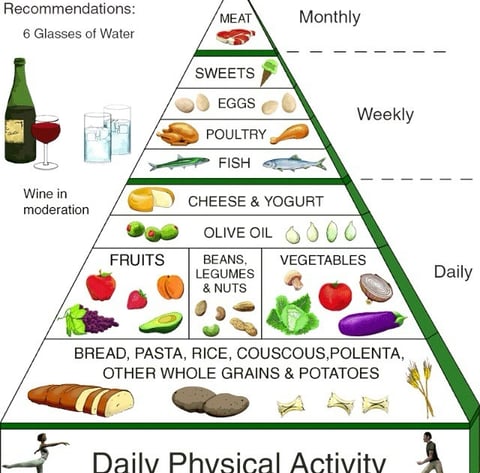Essential Strategies for Effective Weight Maintenance
Everything you need to know on weight maintainance.
What is weight maintainance?
Its refers to the process of stablizing energy consumption and disbursment through physical exercise and healthy behaviours to sustain a balance body weight over time.
Understanding the Challenges of Weight Maintenance
Weight maintenance can be a daunting task for many. While losing weight may seem like the ultimate goal, keeping it off presents its own unique set of challenges. Factors such as emotional eating, lifestyle changes, and societal pressures can significantly influence our ability to maintain a healthy weight. Understanding these challenges is the first step to developing effective strategies that can help sustain weight loss over time.
Food Choices and Eating Habits
Making healthy food choices is crucial for weight maintenance. Incorporating a balanced diet filled with a variety of fruits, vegetables, whole grains, and lean proteins can help maintain a stable weight. Keeping portion sizes in check and avoiding mindless snacking can be beneficial. Furthermore, mindful eating practices can help foster a healthier relationship with food, ensuring that meals are both satisfying and nutritious.
Incorporating Physical Activities and Exercises
Regular physical activity is another critical component of effective weight maintenance. Engaging in aerobic exercises, strength training, or even simple activities like walking can play a significant role in managing weight. Aim for at least 150 minutes of moderate-intensity exercise each week. Additionally, finding activities that you enjoy can make it easier to stay consistent, turning exercise into a natural part of your daily routine.
Regulations on Food and Water Consumption
Monitoring food and water intake can also assist in weight maintenance. Keeping track of what you eat can provide valuable insights into your dietary habits and enable better food choices. Moreover, staying hydrated is indispensable, as it can prevent overeating and support overall health. Aim to drink at least eight 8-ounce glasses of water each day, adjusting as necessary for activity levels.
Awareness of Diseases Linked to Poor Weight Management
Poor weight maintenance can lead to a variety of health issues, including obesity, diabetes, and cardiovascular diseases. Being aware of these risks can motivate individuals to prioritize their health and make necessary changes. Regular check-ups with healthcare professionals can also help monitor weight and catch any potential issues early, facilitating more effective management strategies.
In conclusion, weight maintenance is a multifaceted process that requires a consistent approach to food choices, physical activity, and self-awareness. By understanding the challenges faced and implementing practical strategies, individuals can achieve long-term success in maintaining their desired weight. figure 1.1 shows an example.of classes of meals to adjust to.
figure 1.1




